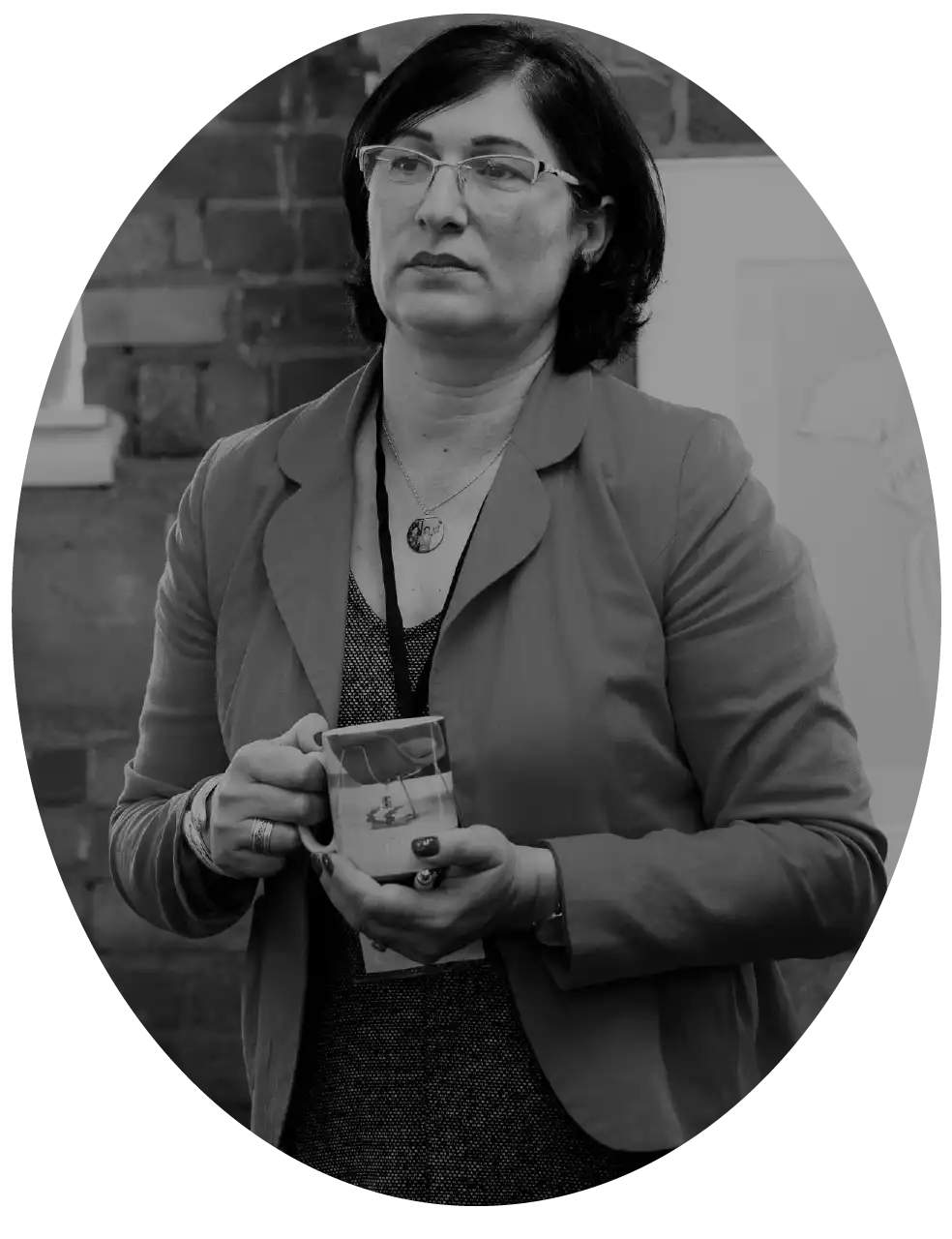

Coffee is popular throughout the world, but a 2019 study found people are more likely to drink it for its energy-boosting properties than to feel healthier.
When roasted, coffee contains over 1,000 bioactive compounds, which have potentially therapeutic antioxidant, anti-inflammatory, antifibrotic, and anticancer effects, as well as various vitamins and minerals.
Research has found coffee actually contributes more to the total daily intake of dietary antioxidants than fruit, vegetables and tea.
Because of the number of bioactive compounds it contains, coffee has a number of benefits, including reducing the risk of:
● Breast, colorectal, colon, endometrial, and prostate cancers
● Type-2 diabetes
● Liver disease
● Gallstone disease
● Parkinson’s disease
● Depression
● Premature death
The adverse effects of drinking coffee are mainly connected with the caffeine content rather than anything else.
The people most likely to be negatively affected are those who are pregnant (there’s an increased risk of pregnancy loss), women at increased risk of bone fracture, and anyone with high blood pressure.
Additionally, some people are less able to tolerate caffeine and might suffer increased feelings of anxiety, jitteriness and insomnia. If that’s an issue for you, decaffeinated coffee is a great option so you can enjoy many of the benefits (and taste!) of coffee without the negative effects.
It’s also important to consider how your coffee is prepared. A large latte made with full-fat milk and flavoured syrup or sugar will obviously be higher in fat and sugar than a cup of black coffee, which could well offset any health benefits!
Whether you prefer to buy instant, ground or whole bean, our coffee selection will have something for you.

The person who dared to dream and transform that dream into a real-life story which, she hopes, with your help can become bigger and bigger with each passing day.



